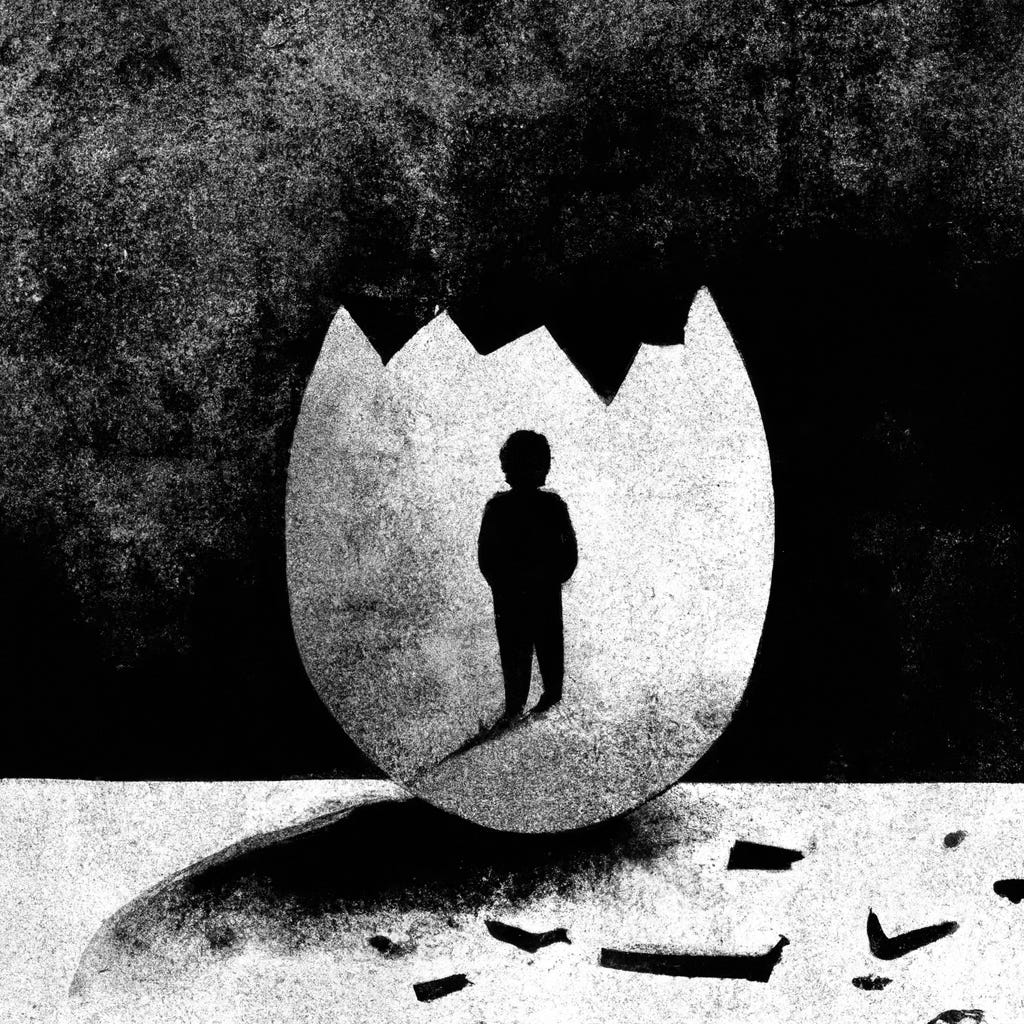Every identity defended too fiercely becomes a prison.
What begins as clarity can harden into limitation. True progress demands flexibility in how we define ourselves.
When an identity is guarded with disproportionate intensity, it stops being a foundation and starts being a wall. A professional title, a cultural label, a political affiliation—these markers can be useful shorthand, but when we defend them as absolutes, we begin to operate in defense mode rather than exploration mode. Innovation stalls, and the mind learns to filter out anything that might disturb the structure we have sworn to protect.
At first, identity feels like clarity. It gives a position from which to act, a framework to navigate complex environments. But over time, when held too tightly, it begins to demand preservation above progress. A leader who clings to a single way of defining their role will start rejecting ideas that do not reinforce it. A researcher who treats one methodology as a personal banner will unconsciously dismiss breakthroughs emerging from unfamiliar angles. In these moments, identity stops serving us and quietly starts limiting what we allow ourselves to become.
The most resilient and transformative individuals approach identity as a tool, not a fortress. They allow roles to evolve, frameworks to be replaced, and affiliations to be questioned. They look at systems and titles as transient configurations—useful now, but never sacred. This flexibility does not weaken conviction; it redirects it toward outcomes that matter rather than symbols that comfort. In doing so, they position themselves in the rare space where change happens before consensus forms.
Letting go of fierce defense is not the same as abandoning principles. It is a decision to prioritize growth over preservation, to seek constant refinement instead of static validation. An identity can be a compass, but it should never be a cage. The moment we allow it to harden, we trade exploration for maintenance. Real progress begins when we break that trade.
We are not meant to spend our lives defending the edges of who we think we are. The most extraordinary progress happens when we treat every identity—personal, professional, or cultural—as provisional, subject to improvement, expansion, or replacement. What we build from that position is no longer limited by what we were. It is defined only by how far we are willing to go beyond it.

